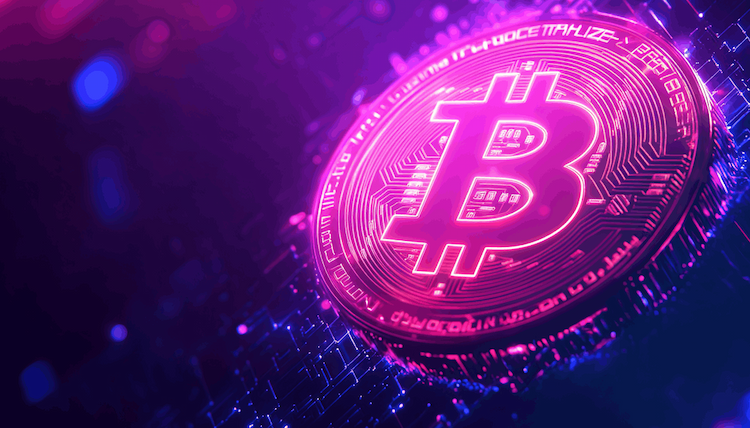
Latin America is experiencing a significant economic transformation as it embraces cryptocurrency and blockchain technologies amid turbulence. Unlike many other regions globally, Latin America (LATAM) stands out due to unique factors like inflation and currency devaluation driving increased adoption.
This week's article will investigate the forces behind this trend, the advantages of tokenization, and the challenges that need attention for continuous adoption. Furthermore, the article will explore two cryptocurrency projects making strides in LATAM.
What is Driving Adoption?
In Latin America, crypto adoption is fueled by inflation, cross-border payments, asset tokenization, and the ascent of non-fungible tokens (NFTs). Economic challenges in the region create a receptive environment for innovative solutions. Ranking as the seventh-largest crypto economy globally, Latin America experiences grassroots adoption, particularly in countries like Brazil, Argentina, and Mexico, where cryptocurrencies play a crucial role in daily life, especially amidst currency devaluation. According to a Chainanlysis study, the three countries mentioned above were also ranked in the top 20 of the Global Crypto Adoption Index, where Brazil came in 9th, Argentina 15th, and Mexico 16th.
Meanwhile, numerous regional companies leverage blockchain technology and digital assets to address specific challenges. The potential for cryptocurrency adoption is vast, with the groundwork being laid for regulatory frameworks and institutional adoption. Mercado Bitcoin, for example, has paved the way for Brazil's first stablecoin, MBRL, while the country's central bank is set to test a digital currency in 2023, with a full release planned for 2024.
LATAM Crypto Projects Paving the Way
- Ola GG: Ola GG is a developer of decentralized gaming software dedicated to offering a community platform for Hispanic play-to-earn gamers. Their platform empowers gamers to earn income through gaming, ultimately improving their quality of life. Ola GG provides a comprehensive range of cryptocurrency and blockchain games, with sustainable virtual economy solutions and educational gaming products, all integrated within the framework of web3 technology. The project also focuses on education and ensuring that people within the LATAM community gain access to materials to help them understand the crypto ecosystem.
- SNACKCLUB: SNACKCLUB operates as a Decentralized Autonomous Organization (DAO), revolutionizing how individuals engage with games and the internet. Leveraging cutting-edge technologies, events, and content, we deliver distinctive experiences recognizing and appreciating the individuals shaping our brand and narrative. Our commitment extends to supporting projects prioritizing enjoyment and innovation, with a central emphasis on fostering a vibrant and interconnected community.
The Advantages of Tokenization in Latin America:
A key factor driving the expanding crypto presence in Latin America is the tokenization of financial assets. This development has democratized entry to investment products once limited to major investors.
The prevalence of high-interest rates in the region has also propelled tokenization and decentralized finance (DeFi) solutions growth. Given the challenge of double-digit interest rates in most Latin American countries, investors are drawn to assets offering predictable returns and reduced volatility. This economic context provides an optimal setting for financial firms developing tokenization solutions.
Conclusion
While Latin America's crypto economy may be smaller than some counterparts, its potential is unmistakable. Similar to global concerns, the region faces challenges like increased education on blockchain technology, regulatory gaps, and a trust deficit. The future of crypto adoption in Latin America depends on effectively addressing these issues.
Although the region has seen progress in institutional adoption, regulatory advancements, and innovative projects like Mercado Bitcoin's stablecoin and Brazil's central bank's upcoming digital currency test, ensuring sustained growth requires a focused effort to educate the population about blockchain and foster transparency and trust.
In conclusion, the path of crypto adoption in Latin America underscores the pivotal role of education and understanding in shaping the future. Navigating these dynamic changes necessitates informed decision-making and enhanced transparency for establishing a resilient and sustainable crypto ecosystem.



